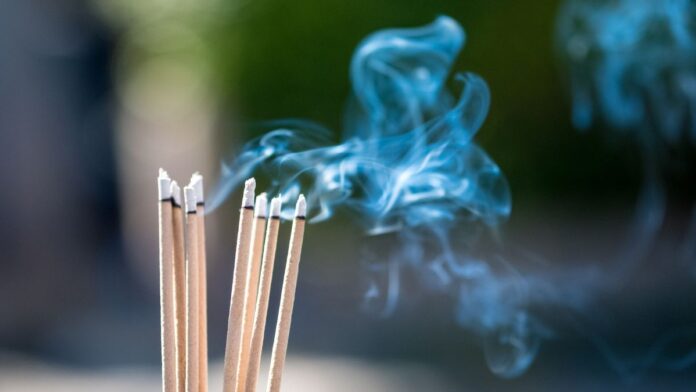Regular use of incense sticks can have both positive and negative effects on health. Here’s an overview:
Positive Effects:
- Aromatherapy Benefits: Certain scents like lavender, sandalwood, and jasmine are believed to reduce stress, promote relaxation, and improve mood.
- Religious and Spiritual Uses: Incense sticks are often used in religious and spiritual practices to enhance the ambiance and promote a sense of peace and mindfulness.
Negative Effects:
- Respiratory Issues: Burning incense releases particulate matter (PM), which can irritate the respiratory system and exacerbate conditions such as asthma and bronchitis.
- Exposure to Toxins: Incense smoke contains volatile organic compounds (VOCs), polycyclic aromatic hydrocarbons (PAHs), and carbon monoxide, which can be harmful when inhaled regularly.
- Cancer Risk: Some studies suggest a potential link between prolonged exposure to incense smoke and an increased risk of respiratory tract cancers.
- Indoor Air Quality: Regular burning of incense can contribute to indoor air pollution, affecting the overall air quality in enclosed spaces.
Recommendations:
- Ventilation: Ensure proper ventilation when burning incense to minimize the concentration of harmful pollutants.
- Moderation: Use incense sticks in moderation to reduce potential health risks.
- Natural Ingredients: Choose incense made from natural ingredients to avoid exposure to synthetic chemicals.
- Alternatives: Consider alternatives such as essential oil diffusers or natural air fresheners to achieve similar effects without the harmful smoke.
If you have respiratory issues or are concerned about indoor air quality, it may be best to limit or avoid the use of incense sticks.



